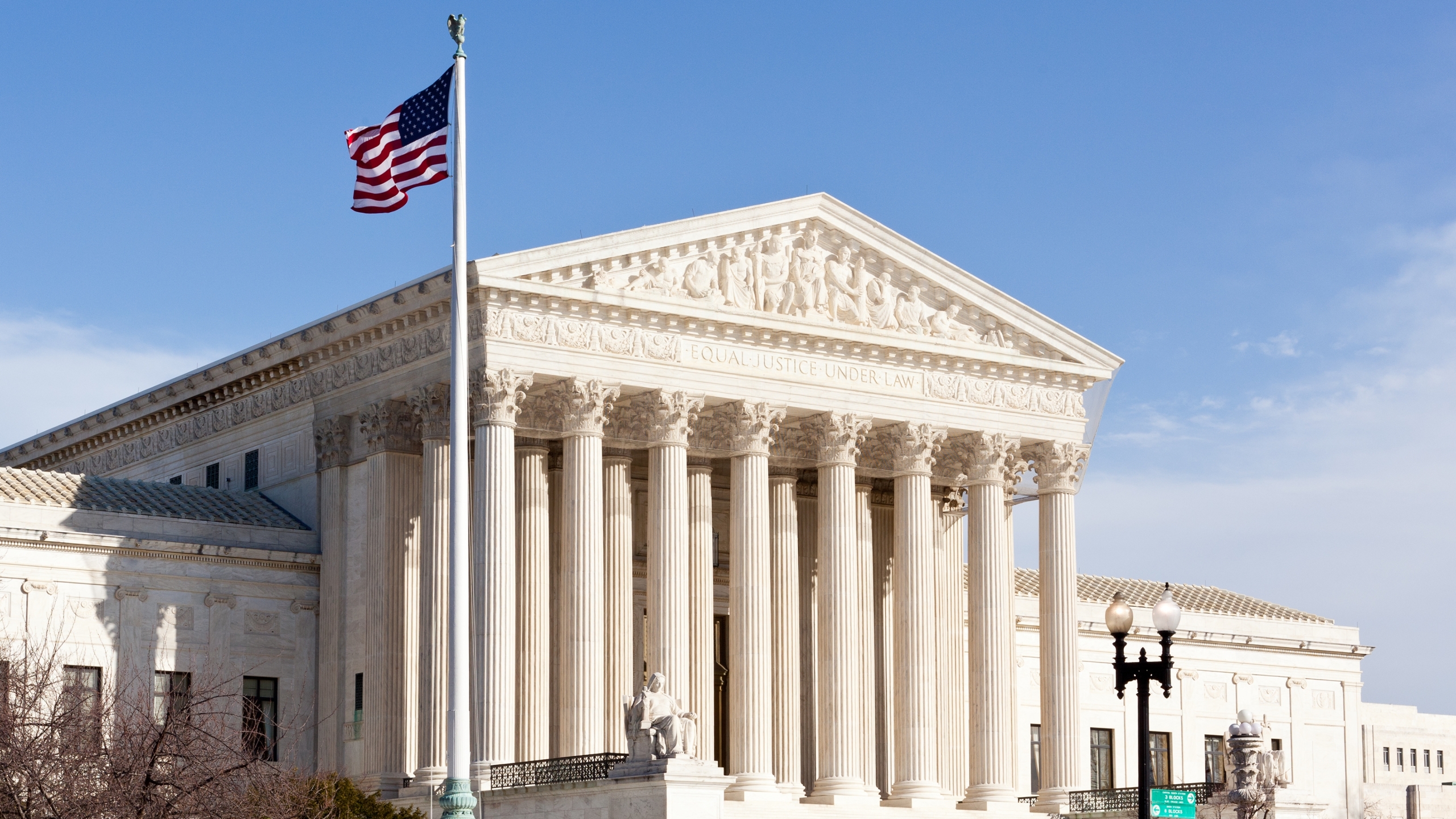The U.S. solicitor general has recommended that the U.S. Supreme Court overturn an Alabama Supreme Court ruling in a case that challenged the reaches of sovereign immunity for the Poarch Band of Creek Indians after the tribe promised to waive its immunity in some cases.
The solicitor general recommended that the high court not grant a full review of the case, which stemmed from a 2015 car crash involving a tribal employee, noting the Alabama Supreme Court’s ruling was a particularly poor one that badly misinterpreted existing case law. Instead, the government recommended the justices wait to see if the Poarch Creeks carried through with a promise to waive the tribe’s sovereign immunity in certain cases, and if so, simply reverse the Alabama Supreme Court decision and remand it for further review.
According to Poarch Creek Attorney General Lori Madison Stinson, PCI has now adopted an act, known as the Torts Claims Act, that would indeed waive its immunity in certain cases, but only if the complaints are filed in tribal court.
“Tribal law has long provided a limited waiver of the tribe’s sovereign immunity that allows those injured in the tribe’s gaming facilities to bring suits in Tribal Court,” Stinson said in a statement to APR. “The Tribal Council decided that expanding that limited waiver so that it also applies in other places was the right thing to do.”
Stinson said if the case progressed now, as recommended by the solicitor general, it would be dismissed from state court and could be refiled in tribal court. She also noted that the tribe has, for several years, allowed civil lawsuits for parties injured in a tribal casino or on tribal lands, but the new Torts Act expands that to incidents off tribal lands.
The case, Poarch Band of Creek Indians v. Wilkes, originated from a New Year’s Day 2015 car crash in which an employee of the tribe’s Wind Creek Casino in Wetumpka was driving a company vehicle while intoxicated and crashed into a car driven by Casey Wilkes and her boyfriend. Wilkes, who was in high school at the time, suffered a traumatic brain injury, and it was later learned that the employee, Barbie Spraggins, had an extensive history of drinking on the job.
Wilkes and her boyfriend sued Spraggins and the tribe, but an Elmore County Circuit Court judge tossed the lawsuit against PCI on the grounds that the tribe’s sovereign immunity shielded it from lawsuits. On appeal, the Alabama Supreme Court overturned that ruling, citing a thin caveat in Supreme Court precedent and determined that the tribe could be sued. PCI, of course, appealed that decision to the U.S. Supreme Court.
Numerous legal scholars have speculated that the justices want a case in order to better define the court’s stance and limitations on tribal sovereign immunity, and many have wondered if the Wilkes case might get the court’s full treatment. But the Alabama Supreme Court’s tendency to disregard precedent and write legally suspect opinions will prevent it.
In a brief filed in the case, the solicitor general described the Alabama Supreme Court’s opinion as a “novel holding” and said it was “flatly inconsistent” with legal precedent. Even worse, the solicitor general said even if the opinion was wrong, it was so poorly constructed that the court couldn’t take it up, calling the opinion a true “outlier.”
As for the Poarch Creeks, Stinson said the decision to allow non-tribal members to file civil lawsuits for incidents such as the Spraggins and Wilkes crash will open the tribe up to more litigation.
“It absolutely will do that,” she said. “But the Tribal Council determined it was the right thing to do to allow those with legitimate claims against the tribe to have an avenue to bring those claims.”



















































